© Poulomi Basu
The WaterAid Climate Commission
This commission call-to-entry is now closed: Deadline 21st January 2021
In collaboration with 1854/British Journal of Photography, WaterAid is commissioning three new photographic projects exploring the ways in which the climate crisis is making it harder for people to access their basic human rights of clean water, decent sanitation and personal hygiene — especially in some of the world’s poorest countries.
The climate crisis is a water crisis.
Already, 1 in 10 people globally are without clean water.
But as climate change accelerates, it’s predicted that regions will experience even more extreme weather patterns: widespread drought will intensify; dangerous flooding will contaminate ill-protected water supplies that remain, and the impacts could be devastating.
In many cases, crises like these lead to girls being taken out of school. It is often girls and women who are tasked with collecting water, with millions spending hours searching for new sources, only to find dirty water that could make them sick. Every day, 800 children die from diseases caused by dirty water and poor sanitation.
Without clean water, it’s impossible to maintain good hygiene and keep decent sanitation facilities running, which are vital for lives and livelihoods. Without toilets in school, girls often skip class or drop out of education altogether when they reach puberty.
The poorest communities around the world have contributed the least to human-induced climate change. Yet they are often hit the hardest by its impacts. By putting water, toilets and hygiene at the top of the global agenda, WaterAid is committed to helping these communities adapt, break free from cycles of inequality and change their lives for good.
The commission
In collaboration with 1854/British Journal of Photography, WaterAid is commissioning three new photographic projects highlighting the effects of climate change on access to clean water, sanitation and hygiene around the world.
Each photographer will receive a £13,500 commission fee, alongside the chance to make a real, meaningful impact on the fight against socio-environmental injustice.
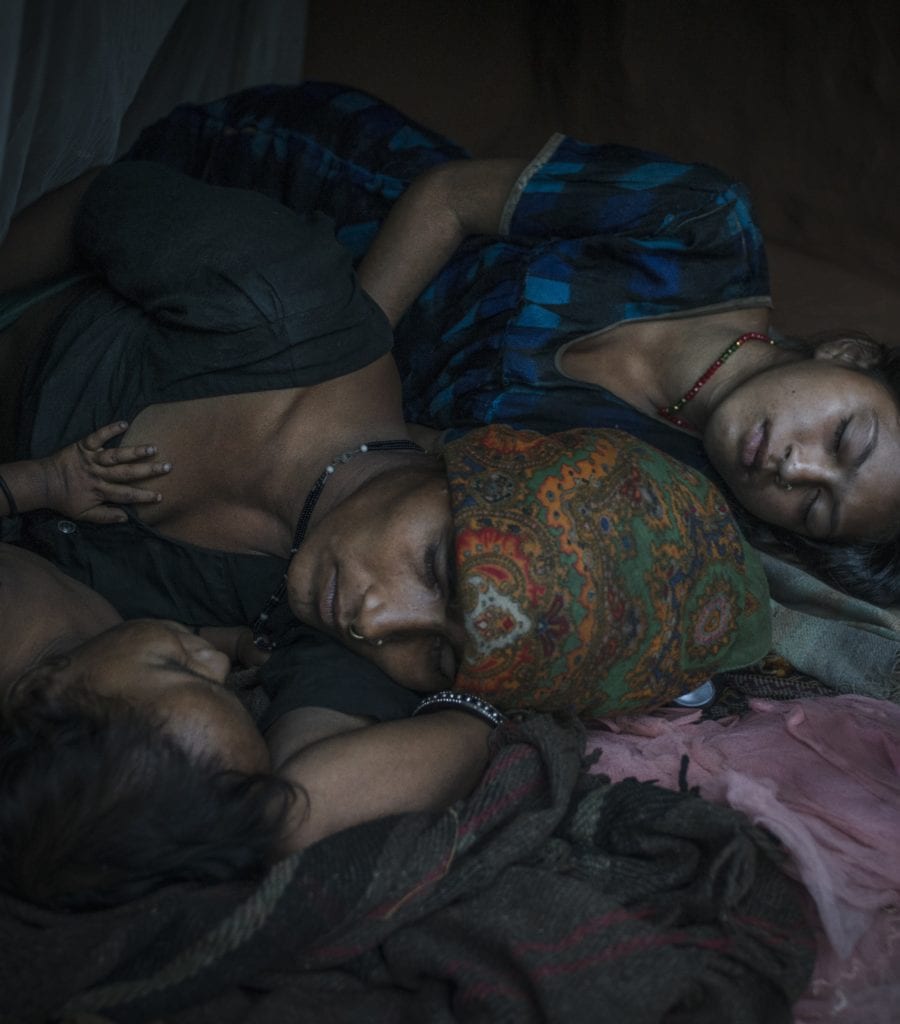
© Poulomi Basu
The Process
First, photographers are invited to submit 10 images from their archive to give us a feel for their work. The deadline for initial applications is 21st January 2021.
At the shortlist stage, photographers will be required to supply a 100 word proposal detailing their concept and approach to the commission, which will take place in one of the following territories where WaterAid actively carries out their work:
- Africa: Burkina Faso, eSwatini, Ethiopia, Ghana, Liberia, Madagascar, Malawi, Mali, Mozambique, Niger, Nigeria, Rwanda, Sierra Leone, Tanzania, Uganda, Zambia
- Asia: Bangladesh, India, Nepal, Pakistan
- Central America: Colombia, Nicaragua
- Pacific region: Cambodia, Myanmar, Papua New Guinea, Timor-Leste
After further proposal development with the support of Studio 1854, three photographers will then be selected to photograph in three of WaterAid’s territories (the precise location for each commission will be confirmed by WaterAid well in advance of the shoot dates). Each photographer will receive a commission fee of £13,500.
Selected photographers will be given the opportunity to undertake their commission during an extended period of two months, commencing as soon as the COVID-19 pandemic allows. We envision this being around June 2021.
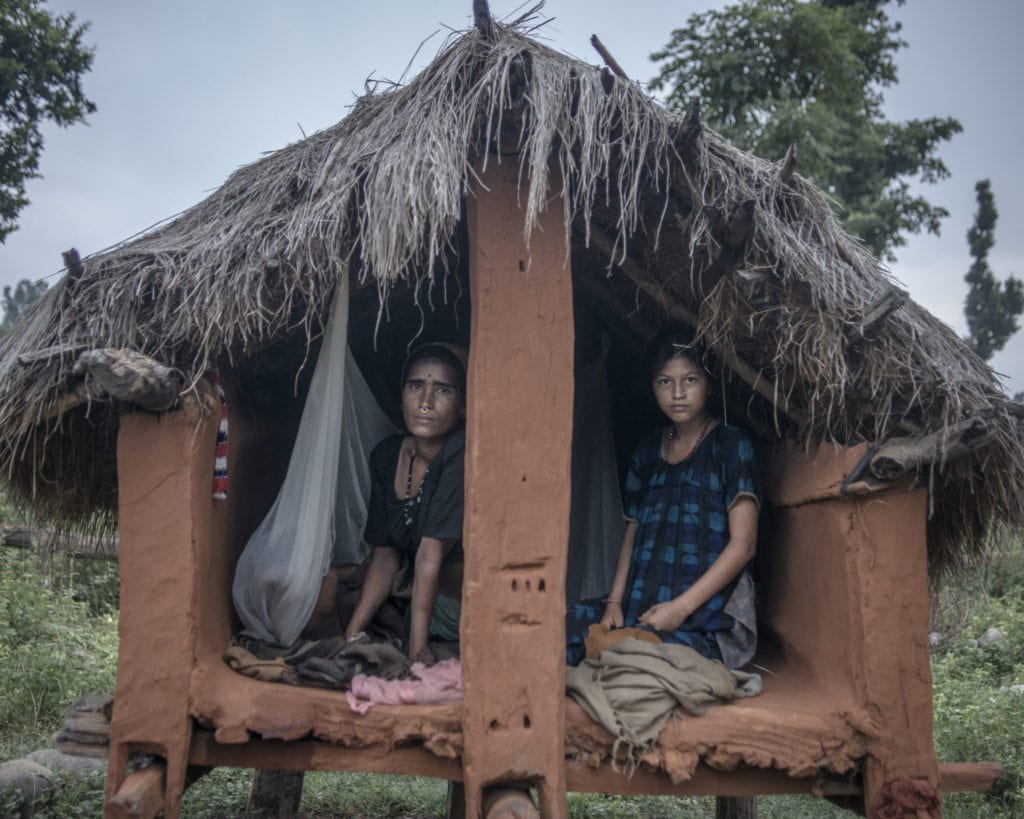
© Poulomi Basu
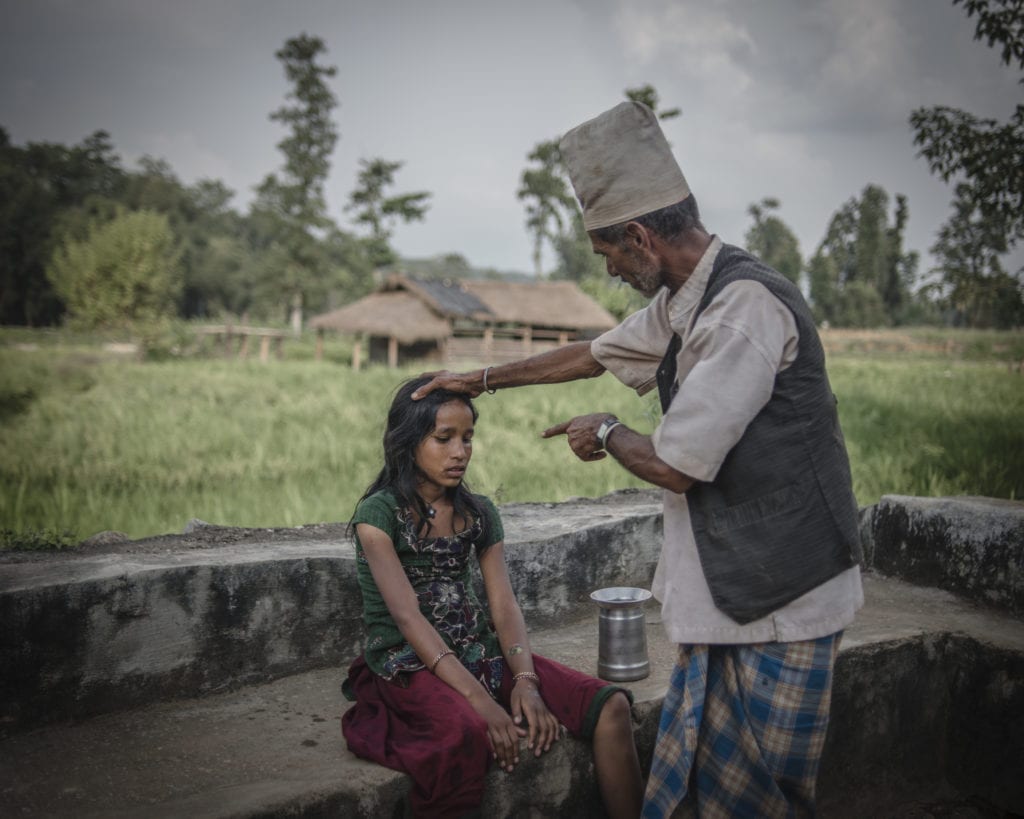
© Poulomi Basu
What we’re looking for
At the shortlist stage, we are looking for proposals that expose and explore the multifaceted ways in which the climate crisis is obstructing basic human rights of clean water, decent sanitation and personal hygiene around the world.
We want to see nuanced and emotive human-led stories that shine a light on how individuals and communities are impacted by the crisis — both directly and via knock-on effects — as well as how they are adapting and responding.
Documentary proposals and more creative or interpretive approaches will all be considered, provided they authentically and perceptively convey the reality of the climate crisis.
The opportunity is open exclusively to 1854 Digital Access & Full Access Members, plus any photographers living in non-high-income countries, including WaterAid’s active territories (see full list here).
Judges
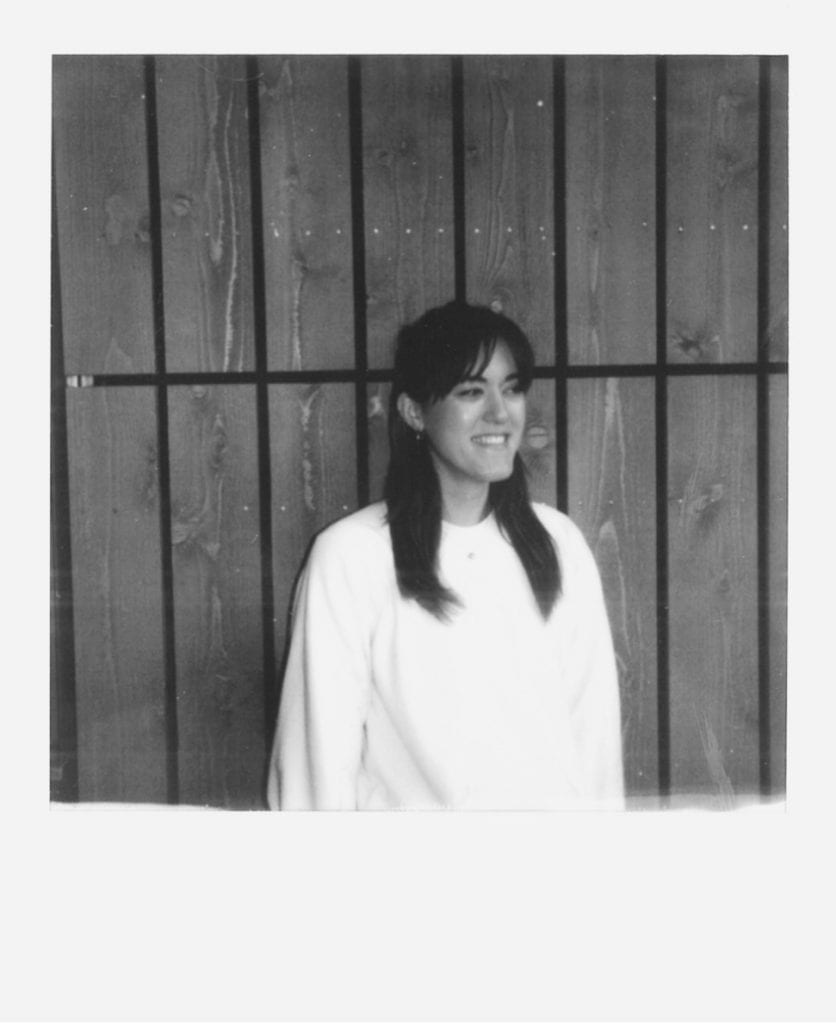
Marigold Warner
Online Editor at the British Journal of Photography
Marigold Warner joined the British Journal Photography in April 2018, and recently took up the position of Associate Online Editor, managing editorial content for BJP-online.com. This was preceded by a degree in English Literature and History of Art at the University of Leeds, followed by an MA in Magazine Journalism from City, University of London. Her work has been published by titles including the Telegraph Magazine, Disegno, and the Architects Journal.
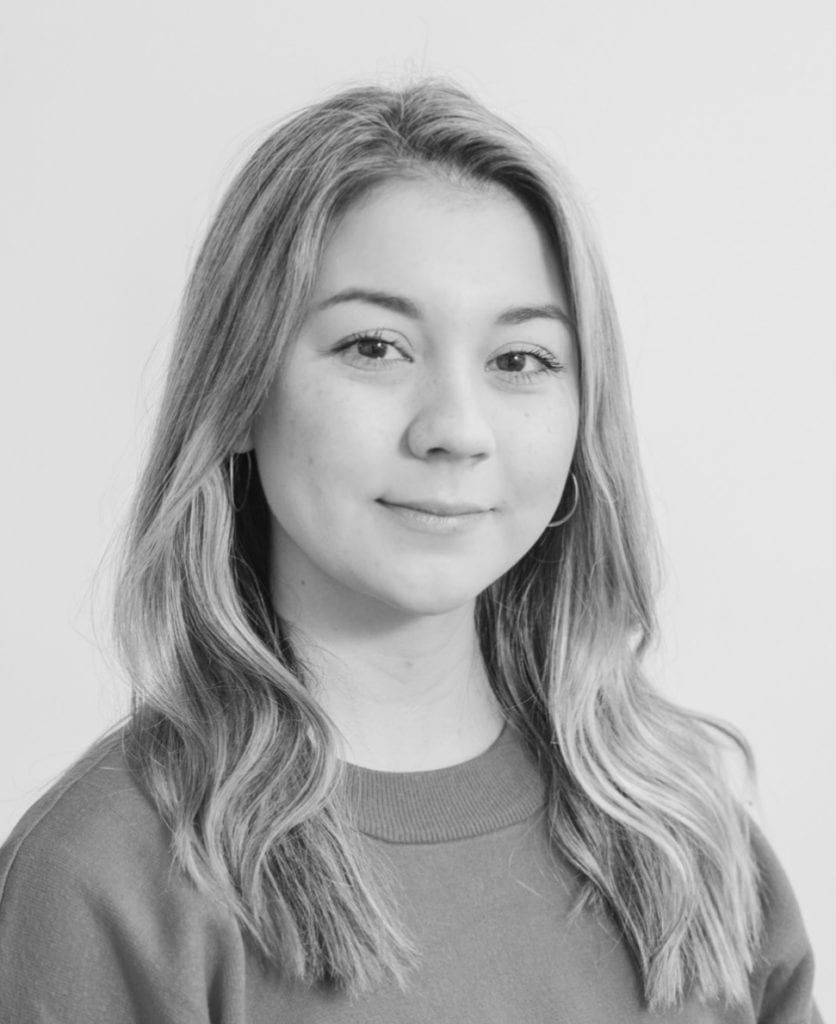
Izabela Radwanska Zhang
Editorial Director at the British Journal of Photography
Izabela Radwanska Zhang is the editorial director of the British Journal of Photography print magazine and online, a role she acquired following her position as assistant editor, which she held since 2016. She holds an MA in Journalism from City, University of London, and recently completed a Postgraduate degree in Graphic Design at London College of Communication. She is a guest lecturer and judge of photography at various institutions, and her words have also appeared in Disegno magazine and The Independent.
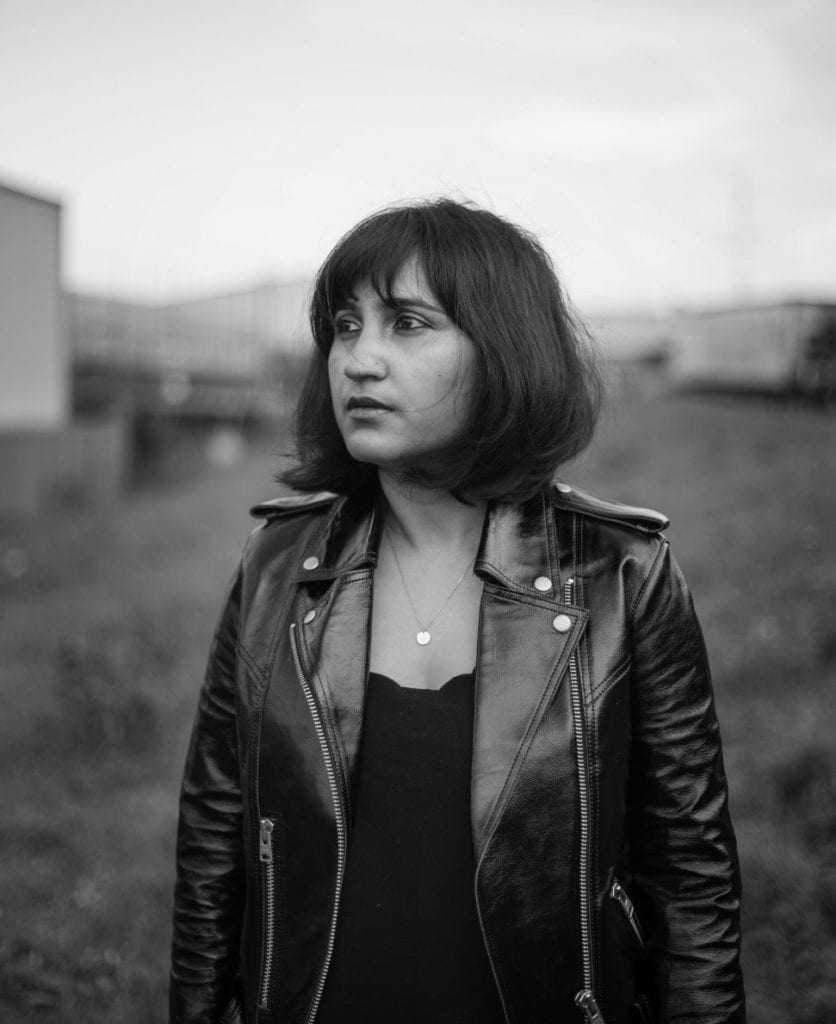
Poulomi Basu
Artist and Activist
Poulomi Basu is a transmedia artist and activist. Poulomi’s work has become widely known for advocating for the rights of women. She is the Director of Just Another Photo Festival, a traveling guerrilla visual media festival that democratizes photography by taking it to the people and forging new audiences. See Poulomi’s work here.
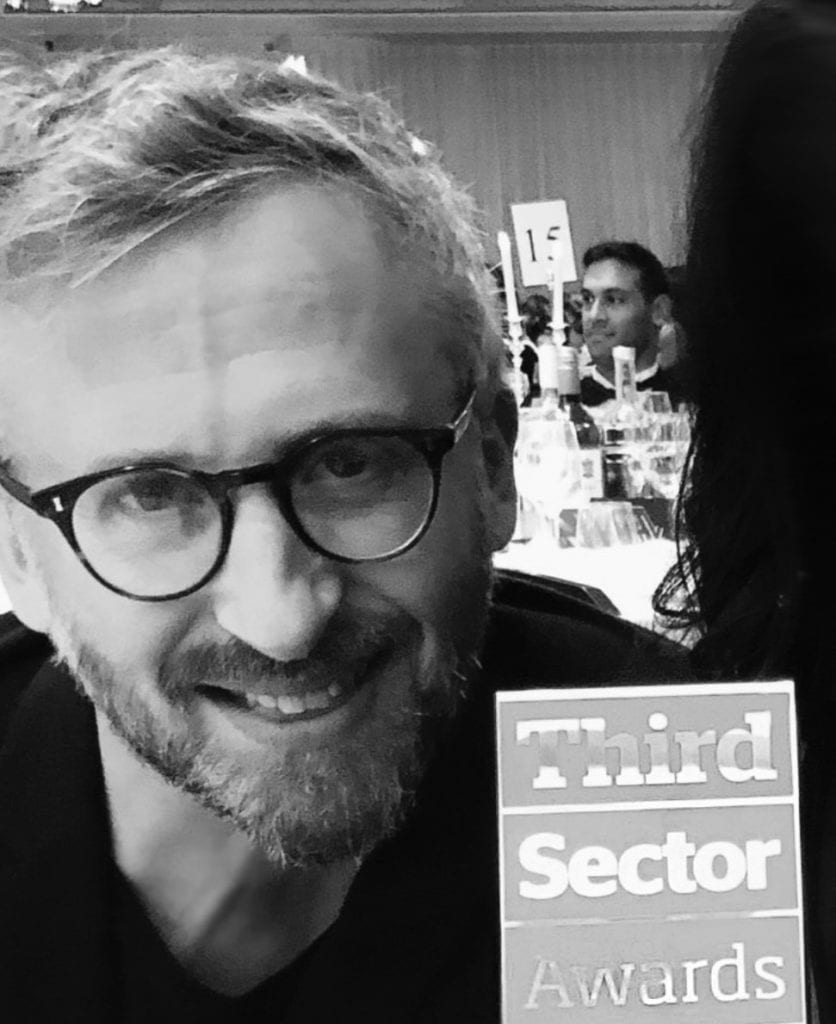
Neil Wissink
Creative Content Lead at WaterAid
Neil Wissink is Creative Content Lead at WaterAid where he heads up the award-winning photography, film and storytelling teams, and leads on content strategy and production. With a background in fine art photography and film, he believes passionately in connecting people to ideas, causes and each other through arts and culture.
